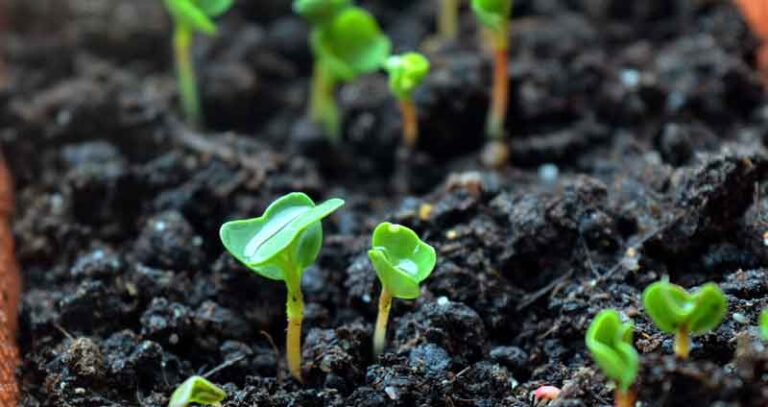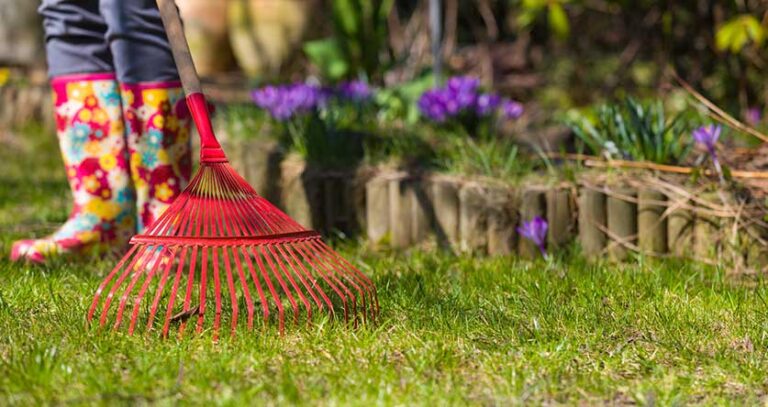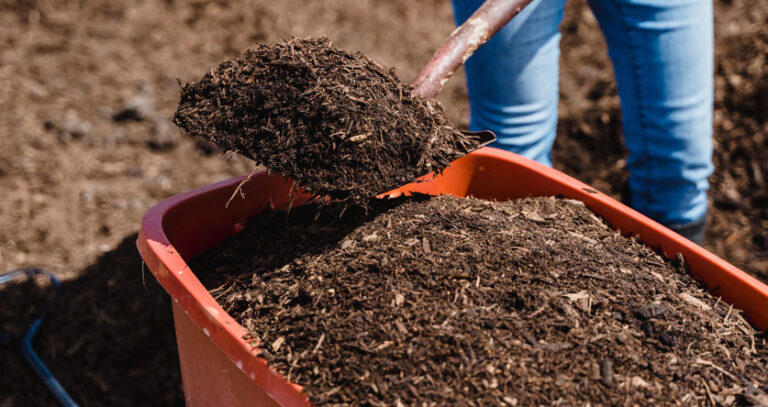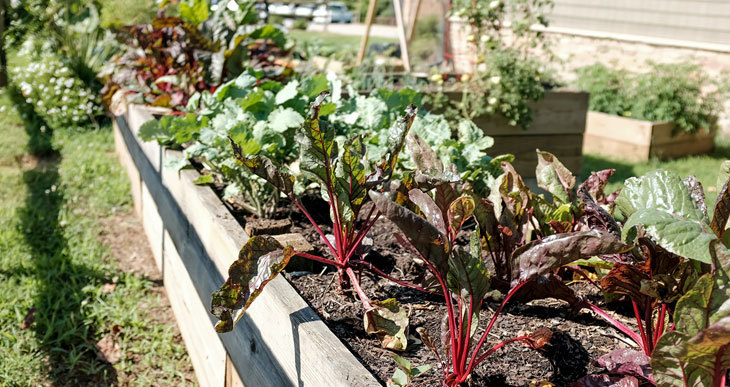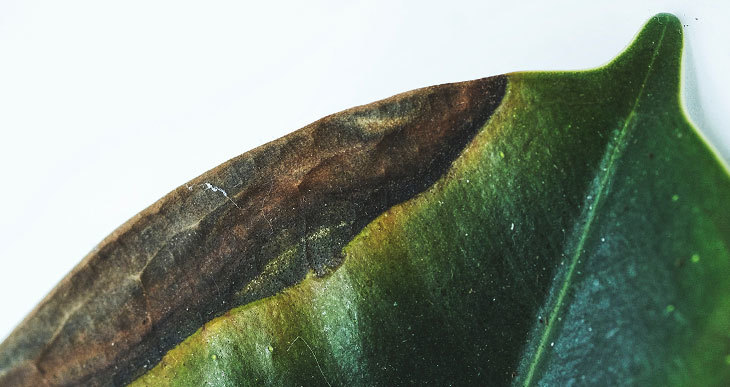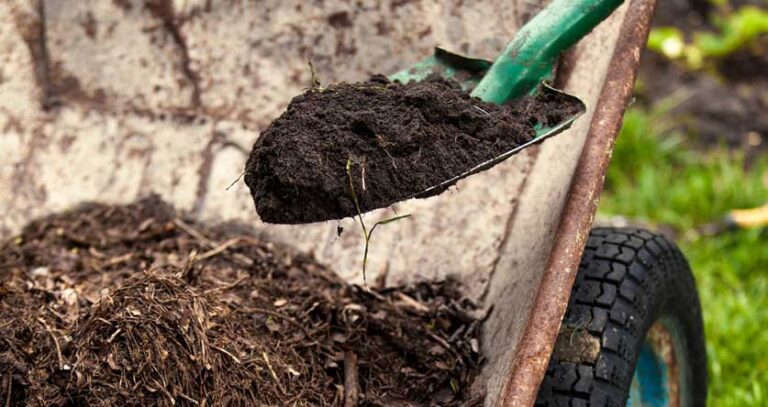How Long Does Compost Last? (Shelf-Life, Tips, and FAQ)
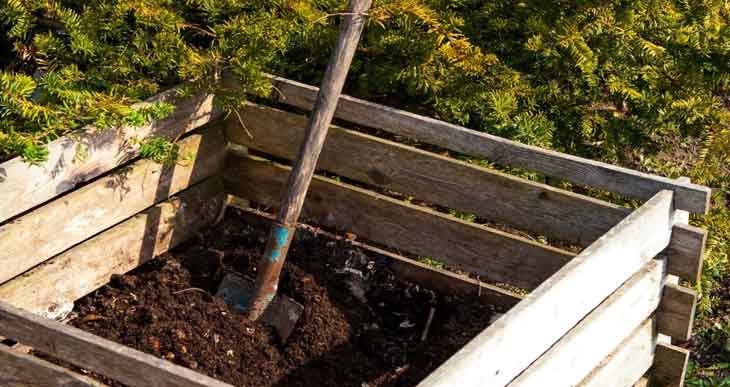
Compost is a valuable resource for any gardener.
However, compost does not have an infinite shelf-life. At some point, it will lose its value.
And that’s a shame because you put a lot of effort into making that compost! Or maybe it costs you a good deal of money to buy store-bought compost.
So, how long does compost really last? How long can you keep it before it’s no good?
I’ll answer that question in this blog post and provide some tips on making your compost last as long as possible!
How long does compost last
As a general rule of thumb, compost will last between 3 to 6 months. However, this depends on the compost composition and how it is stored. Ideally, compost should be used by the following growing season.
There are two fundamental qualities of compost that will alter over time:
- Its nutrient content
- Its structure
It will lose much of its value if materials are left to decompose too long.
The more time compost is left to sit around, the more “colloidal” it becomes. In other words, it becomes more and more compact as the composting microbes continue to feed on the waste materials.
(You’ll notice that compost stored for some time will reduce significantly in volume).
The other problem with compacted compost is that airflow will diminish, and the compost can become anaerobic (no oxygen). This can lead to all kinds of issues, such as smelly compost and the release of organic acids that are harmful to plants.
Not so great for your plants!
How long do nutrients last in compost?
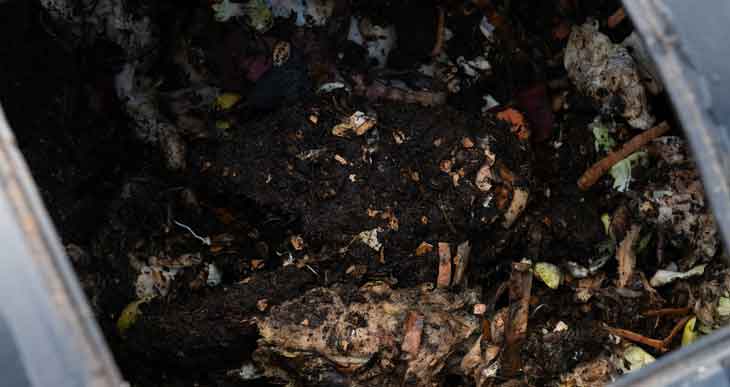
Nutrients will leach out of compost over time. This depends on different factors, such as how it is stored. In general, the older the compost, the fewer nutrients it offers.
Compost contains nutrients like nitrogen, phosphorus, and potassium, but only small amounts. Also, they are transferred to the soil over a long time.
Well-balanced compost also contains many other micro-nutrients that are helpful for plant growth. The nutrients in compost are slowly released over a period that can last up to a year.
Compost is also rich in microorganisms that release by-products that benefit plants.
The value of compost comes from the way it “conditions” soil, improving drainage and water retention, and adding beneficial microbes.
Compost beneficially alters the composition of the soil. It improves the transfer of air, water, and nutrients in the ground. This is why it improves the “nutrient availability” for plants when it’s mixed with the soil. It also encourages soil life, such as microbial activity, worms, etc., further enriching the soil.
The more significant concern is perhaps the loss of microbial activity in compost over time. If compost doesn’t have new feedstocks added, then the “food” for the composting microbes will eventually run out, and they will die. And the compost becomes inert.
Can compost go bad?
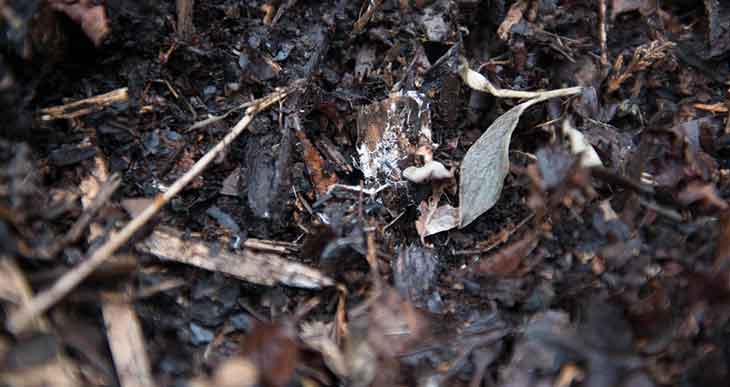
Compost will slowly expire over time because it loses many qualities that make it beneficial as a soil amendment.
If you make your own compost, it will last a little longer – about two years. This is because you can control the ingredients and add more food to the pile from time to time.
By adding fresh materials to the compost pile, you’re also adding new microbes that will help keep the compost pile “alive.” (mix the new ingredients with the old for best effect).
Store-bought compost usually doesn’t have this advantage.
If you’re using store-bought compost, it might only last for about one year. This is because it’s already been matured and will start to lose its microbial activity and become too compacted.
Is it ok to use last year’s compost?
Yes, you can use old compost, but its value will be less than compost that finished curing 3 to 6 months ago.
But keep in mind that the longer you leave it, the less effective it becomes.
One way to use old compost is to mix it with fresh organic materials to “reactivate” the microbes.
Another way to use old compost is as a top dressing for your plants. Using expired compost as mulch can help retain moisture in the soil and add some nutrients.
If you have too much compost and can’t use it in time for the current growing season, you can try storing it. Read my article about “how to store finished compost” for more tips.
How long does compost last in a bag?
So how long does store-bought compost last after opening?
Bagged compost can be preserved for up to 6 months.
After a year, the volume and microbial activity will reduce considerably.
Generally, compost will last for about a year if it’s stored in a cool location and moisture levels are monitored. (You don’t want the compost to dry out – use a compost moisture meter to check this). However, the compost may lose its value over time, so it’s not ideal for long-term use.
Can you use old bags of compost?
Yes, old bags of compost still have value for your garden, and if you use your imagination, you can still get plenty of value from old compost stores. And there are various ways to rejuvenate old compost.
It’s true… It will have less value than a newer batch of compost. Its structural, nutrient, and microbial value will be reduced.
Here are a few ideas for how to use old bags of compost:
- Use it as mulch. It will help retain moisture and suppress weed growth
- Mix it with other organic materials to make a new compost pile.
- Use it as turf dressing
- Add some manure to old compost. This will quickly introduce new microbial activity and nitrogen.
How long does potting compost last?
Potting compost has a similar shelf-life to other types of compost. So if possible, it should be used in the current growing season. But it will last for up to 6 months. After this time, composts value will reduce.
How long does compost last in pots?
Compost is only really good for one growing season. After plants have gone through a growth cycle, much of the compost value is lost. For this reason, compost is not really meant for long-term use in pots.
You can add fresh organic material to the potting mix to rejuvenate the compost and provide more nutrients and organic matter for future plants.
Remember, you can reuse last year’s compost, but its nutrient, microbial, and structural value will be considerably less. But it still provides a helpful growing medium that can be revived by mixing it with other ingredients.
It’s a shame to throw out last year’s compost, so find a way to reuse it and keep those nutrients cycling back into your garden.
How long does compost last in soil?
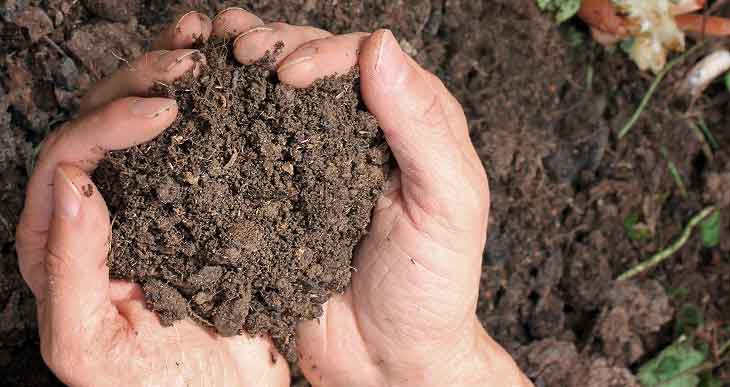
Compost will last in the soil until the next growing season, after which it can be renewed. Then, the compost will have done its job, and ideally, plants will need fresh compost.
After applying compost to your garden beds, it continues to break down in the soil, encouraging soil life that is helpful to plants. But after a while, the organic matter in compost becomes more inert, and microbial activity slows down.
Another fundamental property of compost is that it improves soil structure, providing better aeration and drainage. But because the compost has further decomposed, it becomes more compact and, therefore, less effective.
Conclusion
Compost does not have an infinite shelf-life.
But it can last for up to a year if it is stored in a cool location and you occasionally check moisture levels.
Proper storage is the key to making compost last longer.
But remember, even if you have old compost, it still has value and can be refreshed to become an excellent soil amendment for the next growth cycle!

